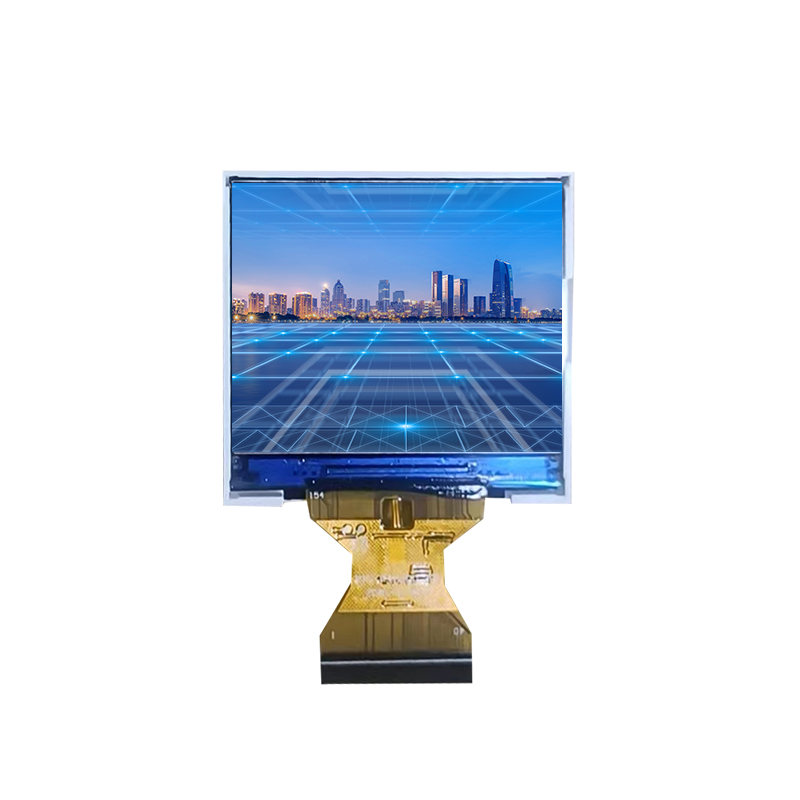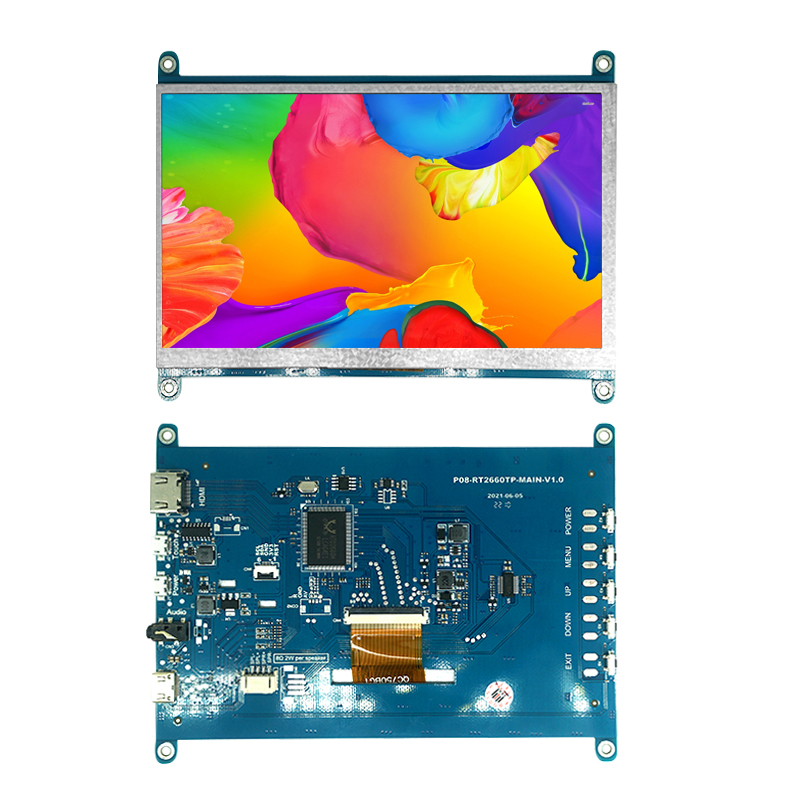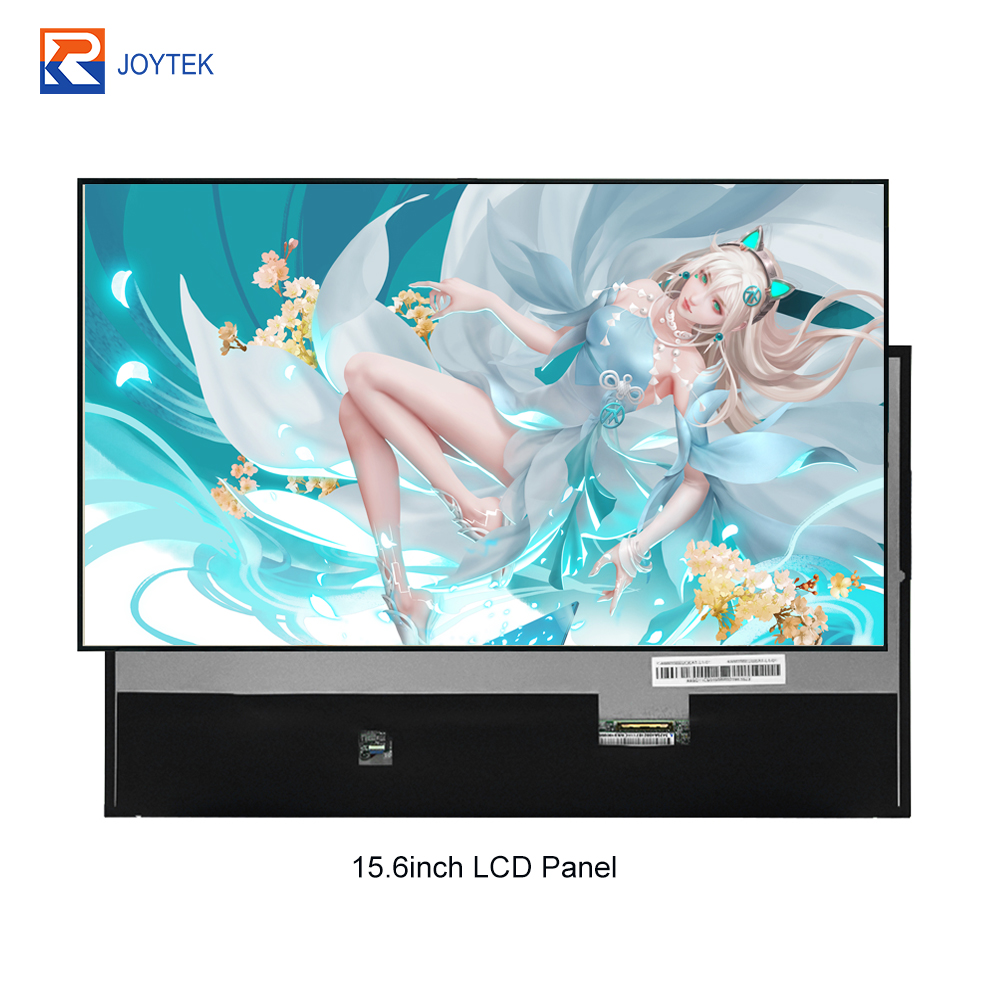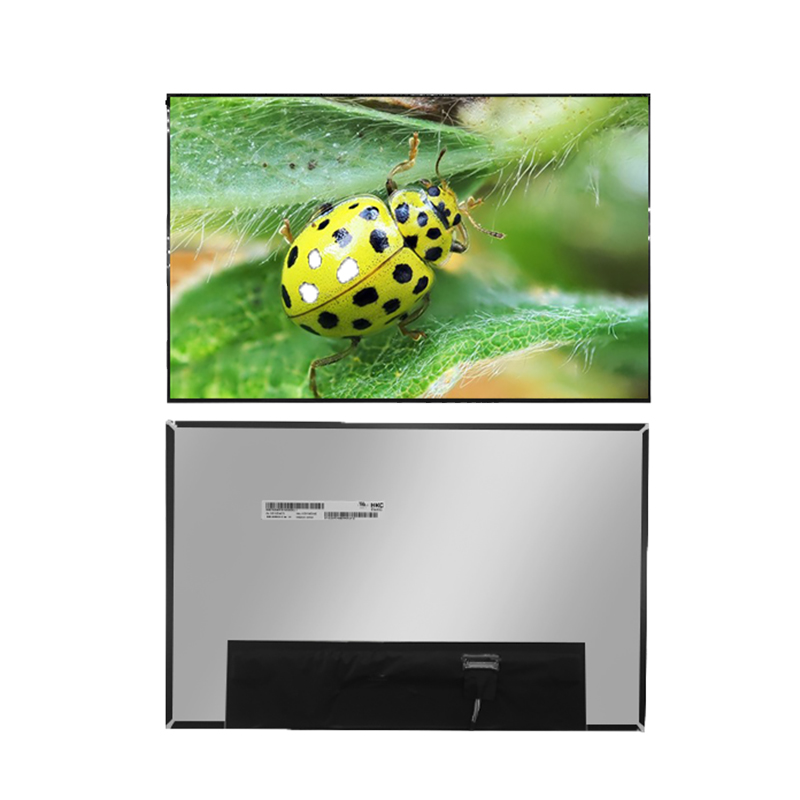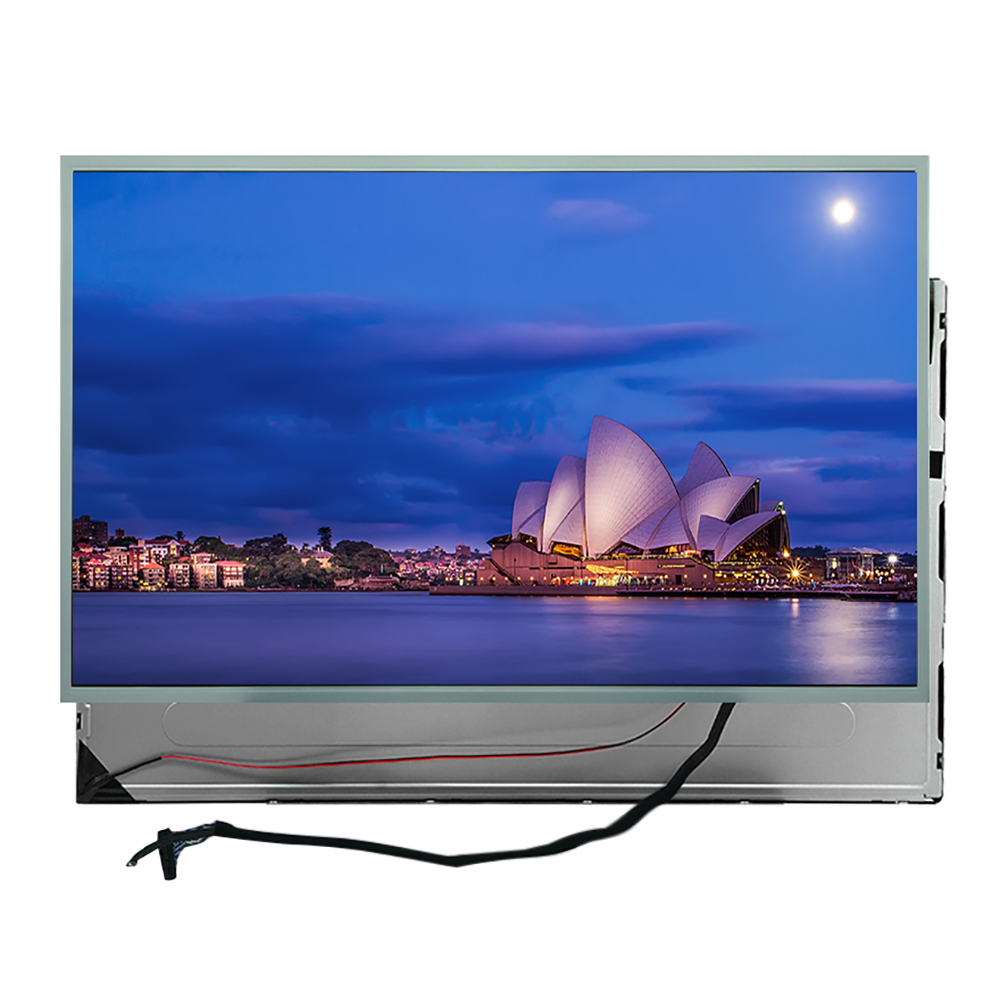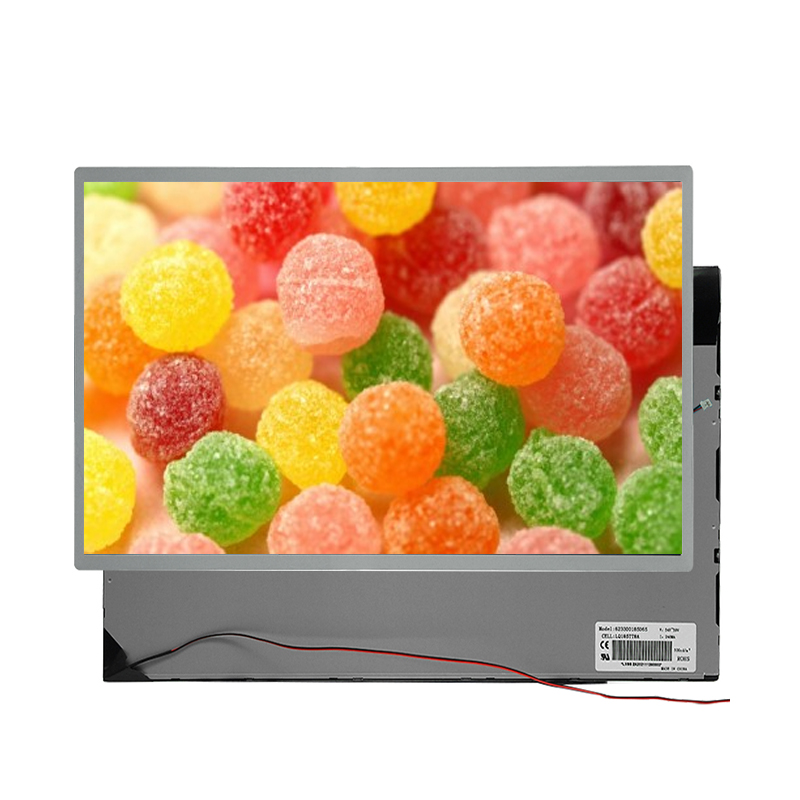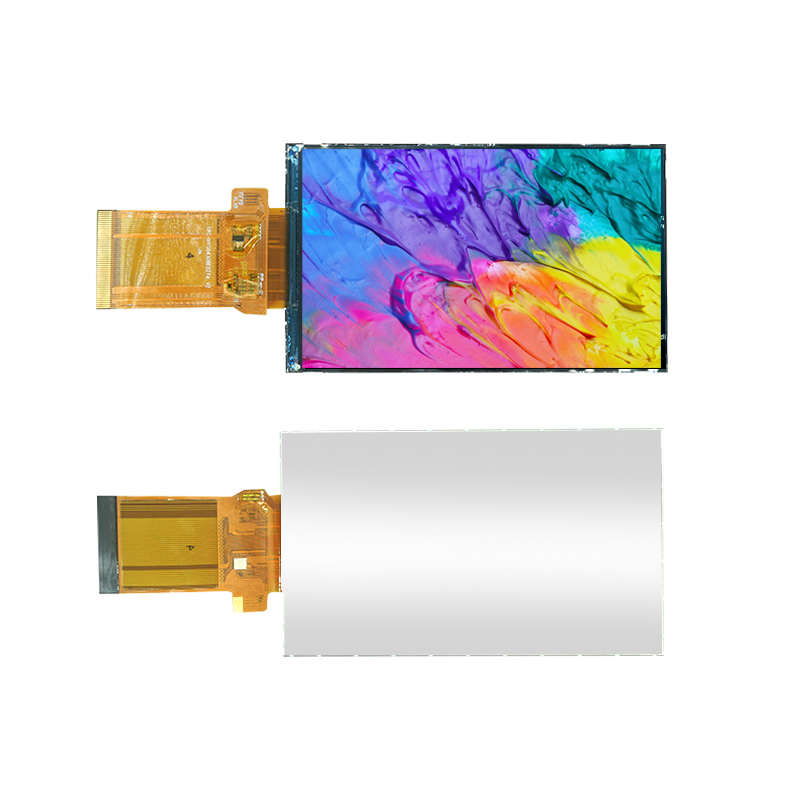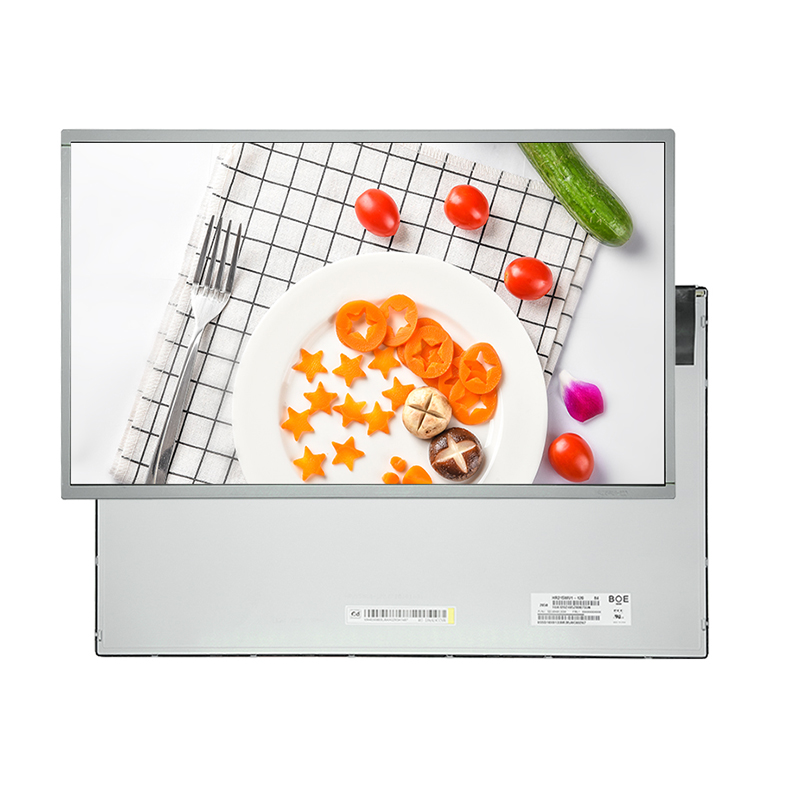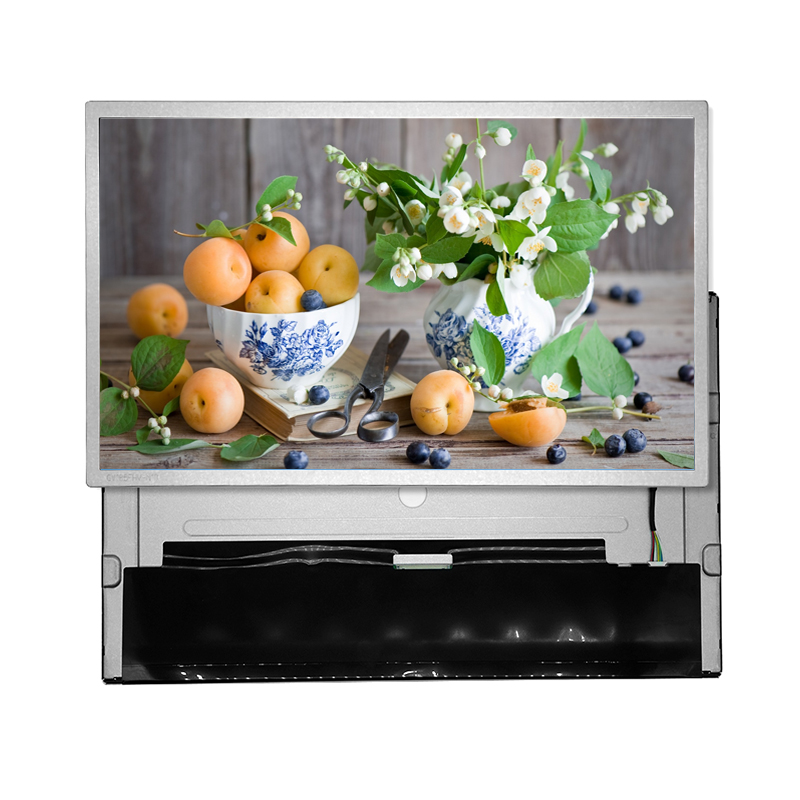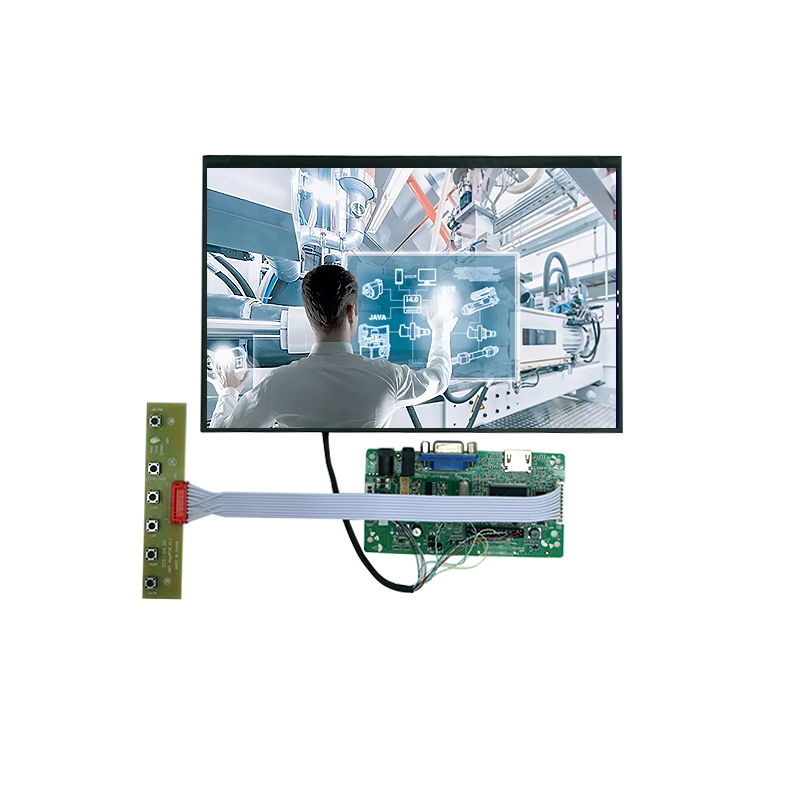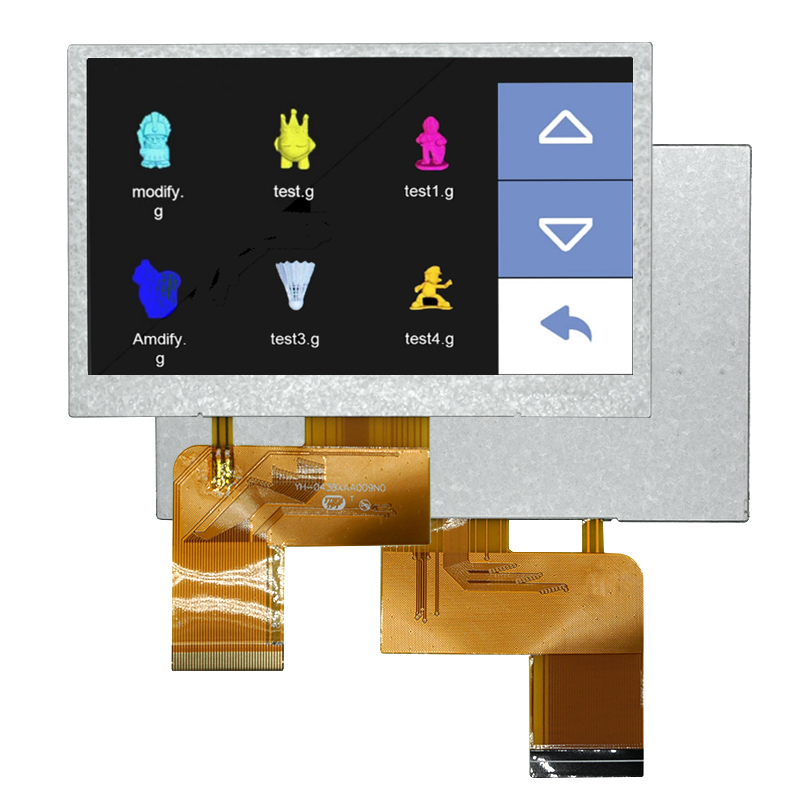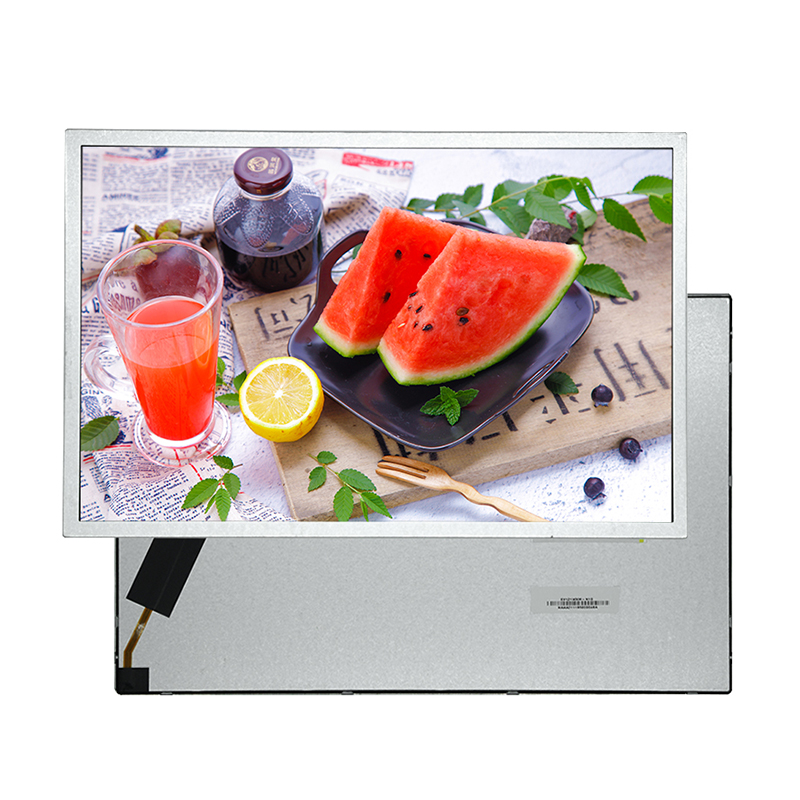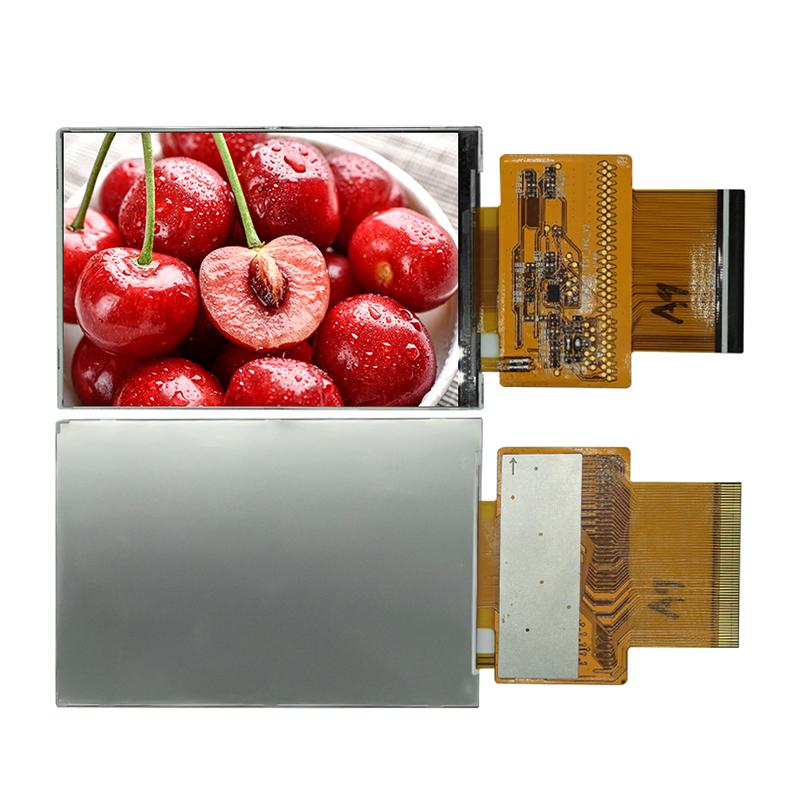TFT LCD Display Module
-
Capacitive Touch Panel
RJOYTEK 2 inch Capacitive Touch Screen 320*240 SPI LCD Touch Display Panel
-
TFT LCD Display Module
RJOYTEK 15.6 inch LCD Screen 1920*1080 eDP Interface Laptop TFT Display Panel
-
Capacitive Touch Panel
RJOYTEK 7 inch Raspberry Pi LCD Touch Screen Panel
-
TFT LCD Display Module
RJOYTEK 23.8 inch LCD Module FHD 1920*1080 TFT LCD Screen Module
-
TFT LCD Display Module
15.6 inch FHD 1920*1080 LVDS Interface TFT LCD Panel Module
-
TFT LCD Display Module
14 inch LCD Screen 1920*1200 TFT Display for Laptop
-
TFT LCD Display Module
21.5 inch LCD Panel 1920*1080 TFT LCD Screen
-
TFT LCD Display Module
RJOYTEK 18.5 inch 1366*768 TFT LCD Panel
-
TFT LCD Display Module
RJOYTEK 4.3 inch 480*800 TFT LCD Display RGB SPI Interface 4.3 inch LCD
-
TFT LCD Display Module
21.5 inch FHD 1920*1080 TFT LCD Panel Desktop LCD Display
-
TFT LCD Display Module
18.5 inch LCD Panel 1920*1080 Color TFT LCD Module
-
TFT LCD Display Module
10.1 inch LCD Display Module 1280*800 LCD Panel
-
Capacitive Touch Panel
RJOYTEK 4.3 inch 480*272 TFT LCD Module
-
TFT LCD Display Module
12.1 inch LCD Panel 1280*800 TFT Screen
-
TFT LCD Display Module
RJOYTEK 13.3 inch Laptop LCD Display 3840*2160 4K LCD Display Module
-
TFT LCD Display Module
RJOYTEK 3.5 inch 320*480 Incell TFT 3.5 inch LCD Screen
What Exactly is an LCD Screen?
An LCD screen (short for Liquid Crystal Display) uses—you guessed it—liquid crystals to create images. These crystals sit between two sheets of glass, and when you apply electricity, they adjust to let light through. But here’s the thing: liquid crystals don’t emit light by themselves. That’s where the backlight comes in, shining behind the screen and making everything visible.
Think of it like this: the liquid crystals act like a gatekeeper. They control how much light from the backlight gets through, shaping the bright images you see. Pretty cool, right?

So, How Does an LCD Screen Actually Work?
-
- The Backlight
Every LCD screen has a backlight—usually made of LEDs—shining from behind the display. This light is the unsung hero, illuminating your screen so the liquid crystals can do their job.
- The Backlight
-
- Liquid Crystals at Work
Liquid crystals are what make the magic happen. When you apply electricity, these tiny crystals shift and twist to either let light through or block it, depending on what the screen needs to display. The result? A clear, detailed image on your screen.
- Liquid Crystals at Work
-
- Polarizing Filters
These filters are like sunglasses for your display. One filter sits before the liquid crystals, and another after. When the light from the backlight passes through the first filter and the liquid crystals, the second filter controls how much light makes it to your eyes.
- Polarizing Filters
-
- TFT LCD Tech
TFT (Thin Film Transistor) is the advanced part of LCD screens. Each pixel on the screen is connected to its own tiny transistor. This gives your display more precise control over each pixel, ensuring sharper images and vibrant colors. In other words, TFT LCD screens are great at making things look amazing, whether you’re gaming, watching movies, or scrolling through social media.
- TFT LCD Tech
-
- Color Filters
Every pixel is made up of red, green, and blue subpixels. Depending on how much light the liquid crystals allow through, these subpixels mix together to create the colors you see on screen.
- Color Filters

Why Are LCD Screens So Popular?
-
- Energy Efficiency
One big reason LCD screens are everywhere is that they’re super energy efficient. They don’t need a ton of power to light up like older screen technologies, which is a huge plus for mobile devices that need to conserve battery life.
- Energy Efficiency
-
- Slim and Light
Unlike the bulky screens of the past, TFT LCD displays are sleek and light, making them perfect for everything from laptops to flat-screen TVs.
- Slim and Light
-
- Crystal Clear Quality
Thanks to TFT technology, LCD screens can deliver crisp, high-resolution images. The sharpness and detail are perfect whether you’re editing photos or just watching Netflix.
- Crystal Clear Quality
-
- Long-Lasting
LCD screens have a longer lifespan than other older tech like plasma displays. They’re durable and reliable, which means you won’t have to worry about things like burn-in or screen degradation anytime soon.
- Long-Lasting
Where Do We Use TFT LCD Screens?
-
- Smartphones & Tablets: The thin, lightweight design and excellent picture quality make TFT LCD screens the top choice for handheld devices.
-
- Monitors: Your computer monitor is probably a TFT LCD screen. They’re ideal for everyday tasks like browsing, working, and even gaming.
-
- Televisions: Most modern TVs use LCD technology because of its ability to produce stunning visuals without breaking the bank.

